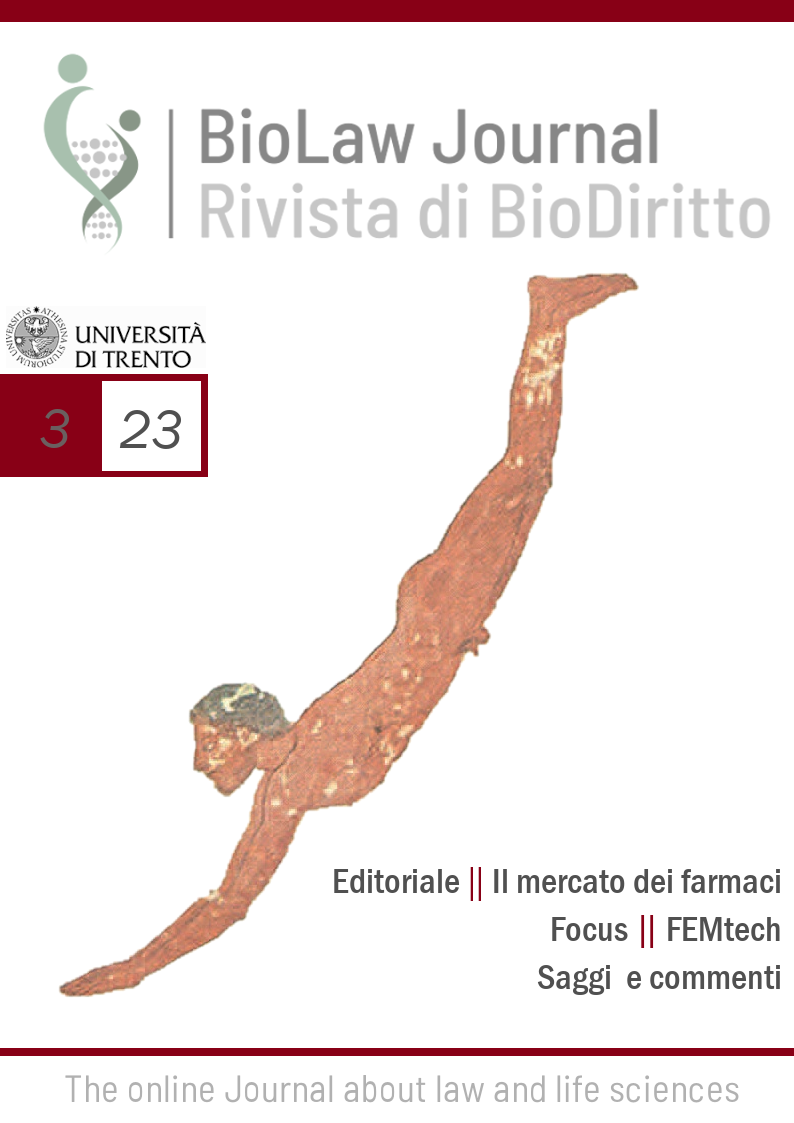The Future of the (Digital) State
DOI:
https://doi.org/10.15168/2284-4503-2761Parole chiave:
State, digital revolution, algorithms, Artificial Intelligence, robot judgesAbstract
Can the digital revolution transform the very idea of the state and its functioning? The article investigates the ways in which technologies are influencing public institutions and their functioning, with particular regard to the contemporary and ‘democratic’ model of the state that was established in the 20th century. A first group of influences concerns the modes of exercising sovereignty and, in particular, the fundamental functions of the state. Therefore, the techniques of so-called direct democracy and their limits in pursuing the utopia of law-making by the people, the use of algorithms by judges, and the increasing spread of automated administrative decisions are examined. A second group of conditioning refers to the effects that the technological revolution has on the other two elements of the state, the people and the territory. Issues concerning the protection of fundamental rights, border crises, the relationship between technology and information and, consequently, between democracy and truth are then analyzed. From these constraints emerges a model based on ‘surveillance’, in which big data, their use and protection have acquired a strategic role. A model whose spread has undoubtedly in-creased with the pandemic, but also highlighted its limits and possible countermeasures. The digital revolution, the dominant role of Big Tech and social network, and the increasing use of artificial intelligence are profoundly affecting public institutions and civil society: what is the future of the (digital) State?
##submission.downloads##
Pubblicato
Come citare
Fascicolo
Sezione
Licenza

Questo lavoro è fornito con la licenza Creative Commons Attribuzione - Non commerciale - Non opere derivate 4.0 Internazionale.





